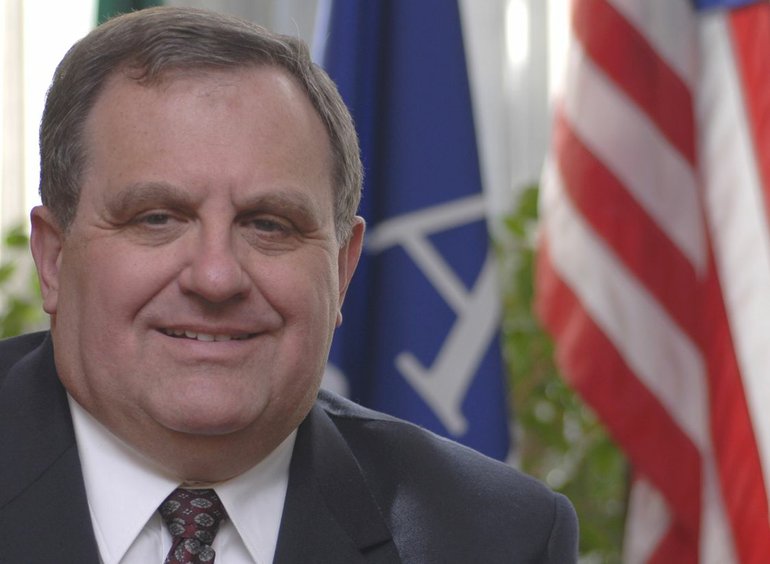People don’t appreciate what they have until they lose it. For example, if your water line breaks and you go without showers for a couple of days, you have a whole new appreciation for the water company.
Too often, Americans focus on what we don’t have, and we take the simple things in life for granted. But the freedoms and standard of living we’ve always known are not guaranteed. Just look at what has happened in other places around the world.
For example, today Gdansk and Gdynia are vibrant port cities in Poland. With metro populations of a million people, they are part of Poland’s success story — the only European nation that showed positive economic growth last year.
But it hasn’t always been that way.
Throughout its turbulent history, Poland has struggled to survive while America has remained intact and, for the most part, prospered. Yes, we suffered through wars and 9/11, but we’ve never been occupied by a foreign power, we’ve never been subjugated by brutal dictators and we’ve never had to watch our neighbors march off to death camps.
Poland has suffered all of those horrors.
On Sept. 1, 1939, the German warship Schleswig-Holstein shelled the Polish fort that protected the entrance to Gdansk waterways. That marked the beginning of World War II for the Polish people, who would suffer longer under Nazi rule than citizens of any other nation.
The Nazis targeted Gdansk, a historic shipbuilding city, because its protected waters were ideal for port operations and shipbuilding. They took it by force and kept it through tyranny. Polish citizens were chased out of their homes, and millions of Polish men, women and children were herded into Nazi death camps.
Even after World War II when the victorious nations in Western Europe returned to prosperity, the Iron Curtain dropped, and the Polish people continued to suffer at the hands of cruel Communist dictators, secret police and undercover informants. They suppressed freedoms and imposed iron-fisted controls over everything, including factory and farm production. So while Americans enjoyed a post-war economic boom in the 1950s, ’60s and ’70s, the Polish people knew only repression and hunger.
Then in August 1980, the uprising at the Gdansk Shipyards signaled the beginning of the end of Soviet rule. When the Berlin Wall fell in 1989, Poland accelerated its migration toward democracy.
Love for America
Today, Poles love all things American. A Pew study found that seven in 10 people in Poland envy America. Younger Poles enthusiastically embrace capitalism, individual freedoms and business opportunities and want Americans to invest in Poland. U.S. companies are responding, and since 1990, our businesses have invested $31 billion. Today, more than 360,000 Poles now contract with or work for U.S. firms.
And they want more.
Poland is becoming a greater power within the European Union, and Polish leaders will soon announce that Poland is taking its place on the world stage by hosting the European soccer championships next year.
Maybe it’s time for Americans to take stock. Having a good job or owning your own business gives you the freedom to make your own decisions and reach your full potential. But these days, more and more of us are becoming dependent on a government check.
Treasury Secretary Timothy Geithner recently noted, “We write 80 million checks a month.” While some people think that’s just fine, paying for all those government checks siphons money from the private sector and stifles job creation.
The changes in our free market system have been gradual, but steady. Like the lobster in the pot as the water temperature slowly rises, many Americans don’t seem to notice nor do they seem to appreciate the value of the entrepreneurial spirit we’re losing.
But others do. Just ask the people of Gdansk and Gdynia.
Don Brunell is president of the Association of Washington Business, Washington state’s chamber of commerce. Visit http://www.awb.org.



